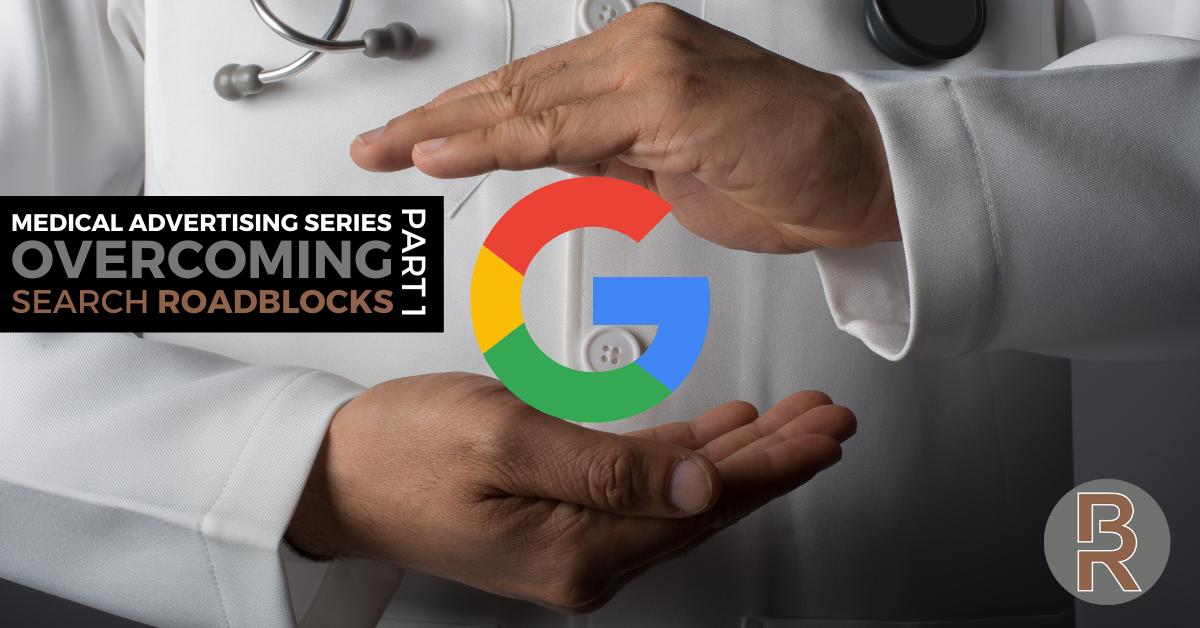
In September 2019, Google announced that they were going to make changes to their advertising policy and would no longer allow ads for speculative and experimental medical treatments. Treatments included in this policy include, but are not limited to, stem cell therapy, cellular (non-stem) therapy, gene therapy, certain types of regenerative medicine, and gene therapy kits. Due to the COVID19 health crisis, Google updated their medical ad policy once again to allow for telemedicine doctors to promote their pharmacy services as long as they were accredited by an internet pharmacy certification partner such as LegitScript. With so many complexities and updates, it can be difficult to navigate what is and is not allowed in Google advertising for medical practices. Let us review some of these pain points to clarify.
Healthcare Products and Services Certification
There are certain types of healthcare products and service providers that Google requires to hold a certification. These include pharmaceutical manufacturers, online pharmacies, telemedicine providers, and addiction services. To obtain the certification, the provider will need to submit an application with an approved healthcare merchant certification and monitoring program. These certification companies provide a vetting service to ensure that providers’ products and services comply with all applicable laws and regulations. Each website domain must be certified individually and both an application fee and an annual fee is charged per website. Once certified, the provider will need to then apply to be certified with Google by providing the license details from the merchant certification and monitoring program company. Then, the provider will be eligible to advertise their services permitting they comply Google’s other ad policies.
Restrictions on Drug Terms
In the United States, utilizing prescription drug terms in ad text, on landing pages, or as keywords is prohibited unless the provider obtains the certification. In some cases, an ad can be approved but will only be shown on a limited basis because of the use of a restricted drug term. This occurs because of the review process in place. Google’s ad platform will automatically check for ad copy, landing page copy, and keywords that triggers either a disapproval or limited delivery. In these cases, the advertiser can request an appeal to be reviewed by Google’s Appeal Team. If you plan on using any type of drug term, it is strongly advised to obtain the proper certifications.
Restrictions on Unapproved Substances
In addition to the restrictions of experimental medical treatments, Google also does not allow for the advertisement of certain prohibited pharmaceuticals and supplements relating to weight loss, ephedra, and anabolic steroids. They also prohibit dietary supplements that are known to contain any dangerous ingredients. One rule of thumb is that if the products have not been government-approved, chances are that you cannot advertise for it on Google. Making false or misleading medical claims in the ad copy or landing page copy can cause an ad disapproval. It is advisable to place a disclaimer in the footer of the landing page if you claim that the product is as effective as prescription drugs.
Navigating through the certification processes and restrictions is a major factor with medical advertising. If you are a medical provider and wish to start an advertising campaign, it is good to have an expert that can help guide you towards success. To speak with a Google medical advertising expert, please contact us or give us a call at 713-309-6380.
